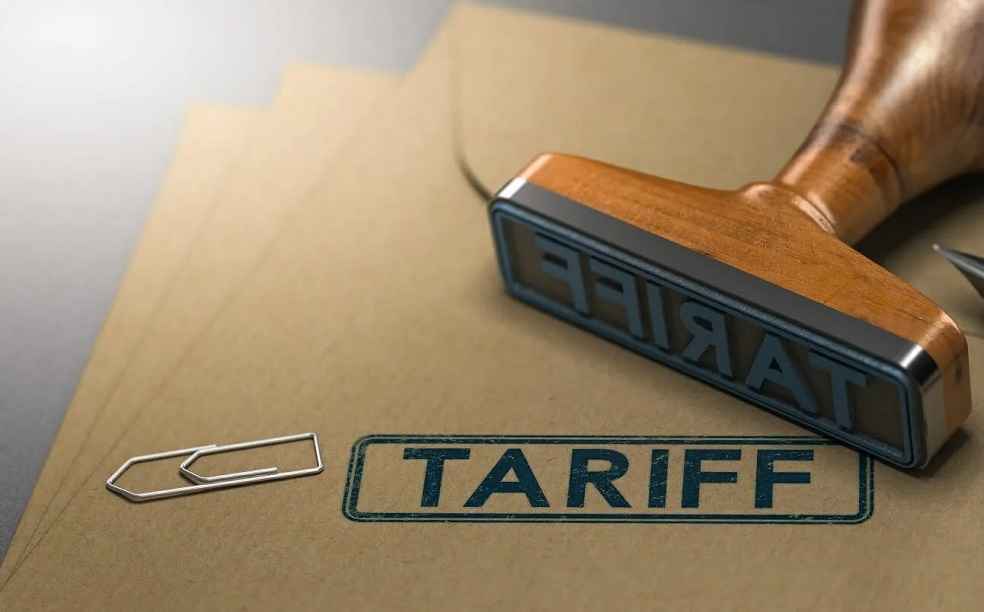The Canadian government’s reported strategy to impose tariffs on Chinese EV imports, mirroring actions by the United States, has stirred major concern among industry experts. They predict potential disruptions to Canada’s green initiatives, investor confidence, and already fragile diplomatic relations with China.
Sources close to the matter reveal that Prime Minister Justin Trudeau’s administration is gearing up to announce public consultations on these proposed tariffs. This move would align Canada with recent US and European Union decisions to penalize Chinese-made EVs.

Zhou Mi, a senior research fellow at the Chinese Academy of International Trade and Economic Cooperation, criticizes this approach. Canada, lacking substantial domestic new-energy vehicle production, risks undermining consumer interests and hindering its climate goals by adopting these tariffs.
The cautious stance likely to be adopted by Chinese enterprises could further complicate economic and trade relations. This potential hesitancy might jeopardize efforts to rebuild bilateral economic ties, which have been strained by previous policies.
Song Guoyou, deputy director of the Center for American Studies at Fudan University, highlights the US influence on its allies to adopt a harsher stance against China. He notes that replacing trade rules with political alliances undermines market principles and could result in China viewing Canada as an unreliable trade partner. Such a perspective may disrupt economic and trade exchanges between the two nations.

Though Canada is not a primary destination for Chinese EV exports, the ripple effects of such tariffs are noteworthy. The European Commission’s recent decision to impose additional tariffs on Chinese EVs has faced substantial opposition within the EU, raising concerns about its impact on industrial growth and the potential for a trade war.
Canada’s alignment with US and EU trade policies represents a broader geopolitical maneuver, but it comes with significant risks. Potential tariffs could impede Canada’s efforts to promote green technologies by limiting access to affordable EVs, essential for reducing carbon emissions. Additionally, this move could deter Chinese investment, further straining diplomatic ties and complicating future economic cooperation.
TRADE WORLD | WTO Exposes Illicit Trade’s Harm to Economy and Public Health



